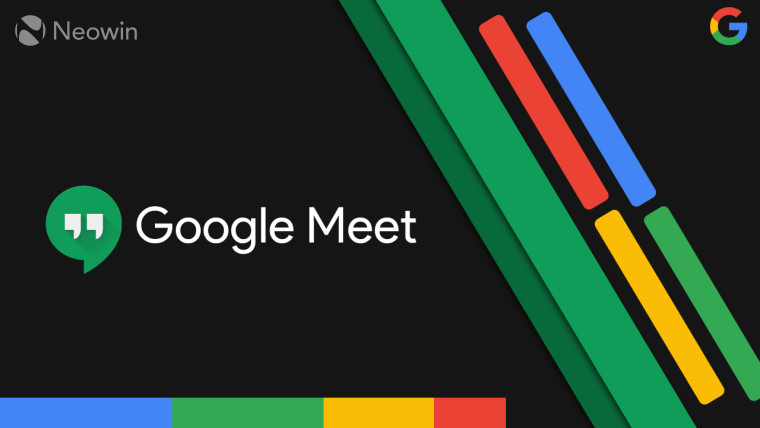
With an increase in usage of its video conferencing service in the wake of the COVID-19 pandemic, Google announced a few features coming to Meet, it’s video chatting solution. These include integration with Gmail, 16-person grid-view for video calls, and more. Today, the search giant is announcing that four of those promised features are beginning to roll out to all G Suite customers.
The features include a tiled layout for up to 16 participants on a video call, the ability to present select chrome tabs, a low-light mode for improved visibility in sub-optimal lighting conditions, and noise cancellation. The firm labels these features as top-requested, which it has prioritized for launch, with more features to come soon.

The 16-person tiled layout view is a welcome addition since the service only allowed for four people to be displayed at a time. Competitors such as Microsoft Teams too recently added the option to view nine participants at once. As for the ability to share Chrome tabs alone, the firm says that this option is best for when users need to share “high-quality video with audio content in meetings”. This also serves as a privacy feature as users will only be sharing the contents of a single browser tab.
The low-light mode is said to use AI to “automatically adjust your video to make you more visible”. The feature is currently rolling out only to users on mobile, with the ability planned for the web client in the future.
Google Meet can now also filter out background noise with the new noise cancellation feature. It can now eliminate dog barking sounds and keystroke noises that happen in the background. The noise cancellation feature will begin rolling out in the coming weeks to web users first – only for the G Suite Enterprise and Enterprise for Education customers.
The company also reiterates its commitment to privacy and safety, in the blog post. It says that video meetings are encrypted in transit and the service uses “the same protections that Google uses to secure user data and safeguard privacy”. The added emphasis on privacy in the post could well be aimed at increased concerns over the security of such offerings, including competitors like Zoom.
















